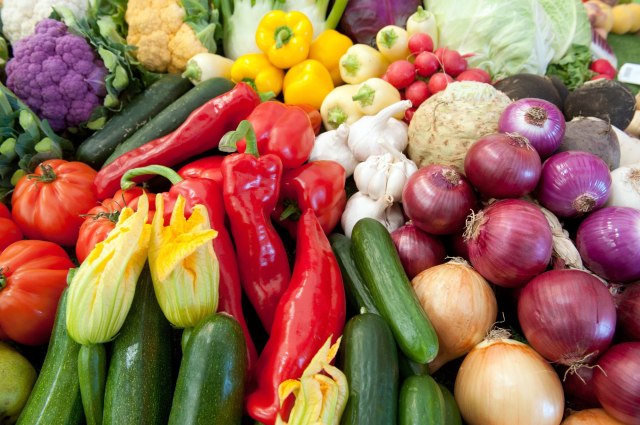Peter Kneffel/DPA/PA Images

Would Nick Cohen of the Guardian approve of your lifestyle? Possibly not:
“…a mass study of the health of 300,000 people that was at once entirely shocking and wholly predictable. Newcastle University found obesity and the lack of exercise (the two go together, of course) in the middle aged mean two-thirds will have more than one chronic illness when they reach 65. These bleakly titled ‘multiple morbidities’ will afflict them simultaneously. (For in the future, illnesses will not come as single spies but in battalions.) Most are the natural consequence of our high calorie/low exercise world: arthritis, cancer, diabetes, dementia and strokes.”
You may not give a fig for what Mr Cohen thinks of your diet, but ‘multiple morbidities’ don’t sound like much fun. And even if you avoid them yourself, your taxes will end up paying for other people’s.
It’s easy to dismiss such concerns as a matter of individual choice. But the state of a nation’s health isn’t just down to individuals. The so-called ‘obesogenic environment’ that predisposes us to making unhealthy choices is something that has been created corporately:
“In 2006, Tim Lang and Geof Rayner from the Food Policy Centre said the vast forces in the modern economy delivering calories on a scale humans did not evolve to digest required an equally sweeping response. Everything from our attitude to nature, our bodies and food production needed to change. The Brazilian nutritionist Carlos Monteiro coined the concept of ‘ultra-processed‘ food: ready-to-eat or ready-to-heat dishes, snacks and drinks that are energy-dense, depleted of nutrients, fatty, sugary or salty.”
When supermarkets fill entire aisles with ultra-processed food, they don’t do it to expand personal choice. They do it in the reasonably certain knowledge that, collectively, as a nation, we will eat it.
What would collective action in the opposite direction entail? At the very least, it would mean the creation of a ‘leptogenic environment’ i.e. the opposite of what we’ve currently got. Mr Cohen has some suggestions:
“School runs will become history as heads refuse to admit any able-bodied child who arrives at school in a car…
“No fast-food outlet would be allowed within a one-mile radius of a school. Agricultural subsidies for fat and sugar would be abolished. Rapeseed oil and sugar beet cultivation would stop as new subsidies for public transport began. Meanwhile, the manufacturers of processed food high in sugar, salt and fat would face advertising bans and punitive taxes.”
There’s a lot of stick here and not much carrot. A more carroty approach might be an easier sell – and I mean that literally.
The idea of a Universal Basic Income – an unconditional payment from the state to every citizen – is quite fashionable these days. And at some point in the not too distant future (if robots replace people in the workplace), it might just become both necessary and feasible.
If it does, government would have a perfect opportunity to influence our dietary habits. The first tranche of the handout – say $10 or $20 – could come not in the form of money, but of vegetables and other healthy fare. Fresh food box schemes are already quite popular and rolling one out on a national basis for every citizen would at least give farmers a guaranteed market for their produce.
Such a policy would of course roll forward the frontiers of the nanny state. However, that would be less objectionable than current proposals for higher taxes on unhealthy food. What we do with money that we’ve earned for ourselves is clearly our business; free money from the state, not so much.










Join the discussion
Join like minded readers that support our journalism by becoming a paid subscriber
To join the discussion in the comments, become a paid subscriber.
Join like minded readers that support our journalism, read unlimited articles and enjoy other subscriber-only benefits.
Subscribe